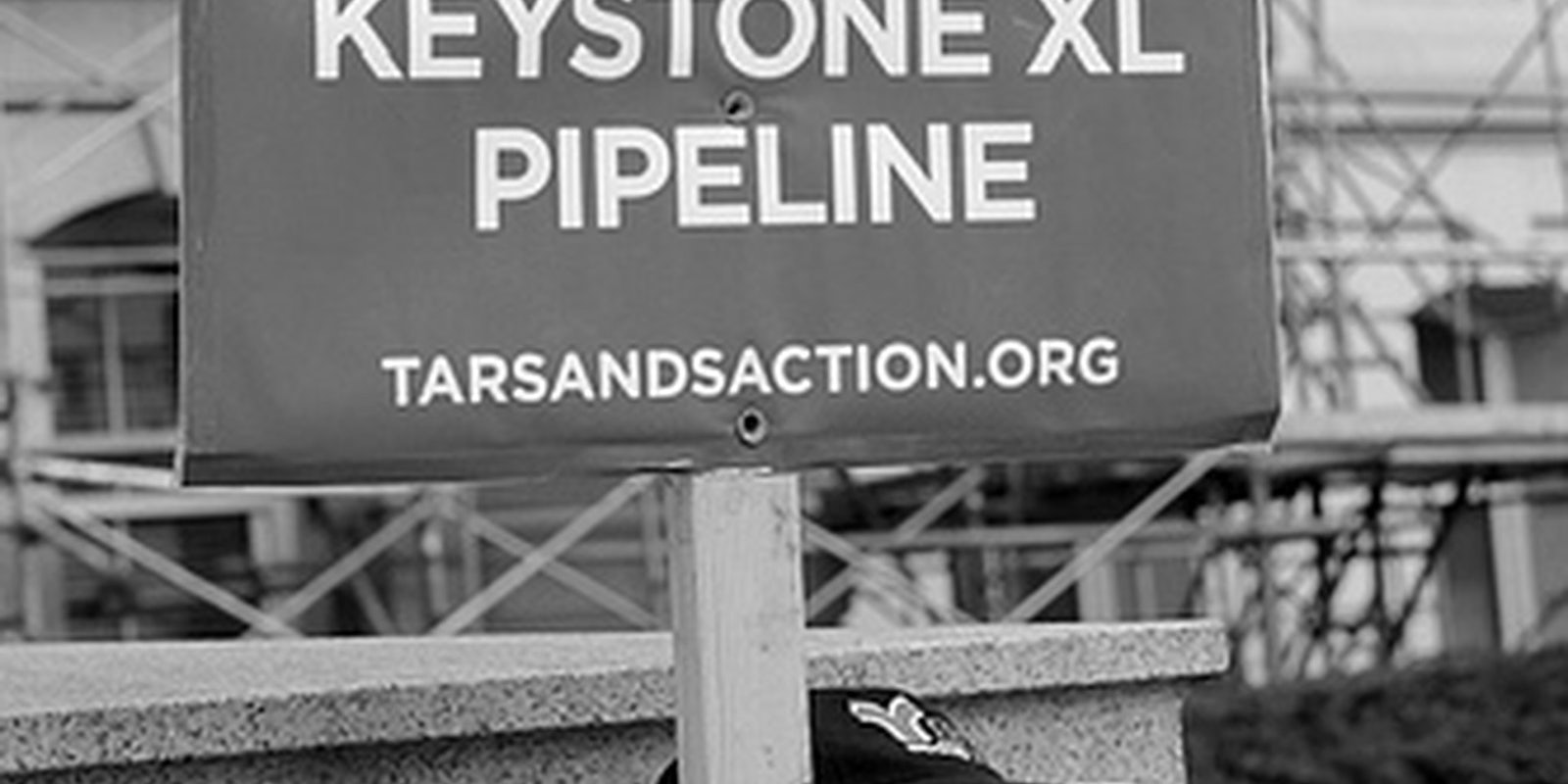Gathering 800,000 signatures in 24 hours is no easy feat, but only time will tell if it will be enough to stop a controversial pipeline.
On February 13, more than 30 environmental groups put the word out via social media regarding the 1,700-mile Keystone XL pipeline, which would transport oil from Alberta, Canada to oil refineries in the Gulf coast of the United States.
Wildlife and environmental groups were hoping for 500,000 signatures on Monday. They got that number in just six hours. By mid afternoon February 14, the number of signatures on various online petitions hit 800,000.
According to Topsy, #noKXL, the associated hashtag with the pipeline, was tweeted more than 11,000 times yesterday. That number does not include retweets, with many #noKXL tweets shared more than 100 times.
“We were gratified and amazed by the support our call received” Daniel Kessler, a spokesperson for 350, an international environmental organization involved in the digital protest, told the Daily Dot.
Josh Mogerman, a spokesperson for the Natural Resources, Defense Council, NRDC, another environmental group protesting the pipeline, told the Dot that the amount of signatures was “pretty impressive.” The amount of signatures was particularly impressive because “there are so many messages out there competing for attention,” he said.
Mogerman pointed out that while social media has given “people a platform to voice their opinions” it has actually made it “harder” to get one’s message out there. “That ease of transmitting messages makes it a more cluttered landscape.”
“Big oil has the money to make big advertisement buys and influence Congress,” Mogerman said. But he’s hopeful that environmentalists’ efforts through social media will make our “voices heard” over others.
President Obama shot down the building permit for the pipeline last month, but TransCanada CEO Russ Girling told Fox News today he is “confident that the Keystone XL pipeline is going to get built.”
According to the NRDC, “Republican leaders in Congress are trying to force its approval by attaching it to the payroll tax bill and other unrelated legislation.”
Environmentalists are especially concerned because this particular pipeline transports tar sands oil, which releases three times the amount of carbon dioxide as regular oil.
Environmentalist Bill McKibben, in an article in The Rolling Stone, called the Keystone pipeline “a 1,700-mile fuse to the biggest carbon bomb on the continent.”

Environmentalis
TransCanada rejected the stipulation that the oil in the pipeline be sold solely to American refineries. Instead, the tar sands would be sold at the global market to the highest bidder, most notably, China.
A TransCanada spokesperson confirmed the pipeline would actually lead to an increase in gas prices in the United States, with TransCanada putting the estimates at “$2 to $4 billion annually” for Midwest customers. (Public outrage and environmental law in Canada has prevented the pipeline from being built to Canadian coasts so far.)
Those who favor the $8 billion project say it will create jobs. TransCanada estimates that some 20,000 jobs will be created, an amount deemed negligible by many critics.
Yesterday, a number of anti-Keystone XL volunteers dropped off hard copies of the 800,000 signatures at Senate offices. No word yet on whether the signatures had an impact, and while current legislation has been stalled in the Senate, Republicans seem eager to back the pipeline.
Photo by tarsandaction


